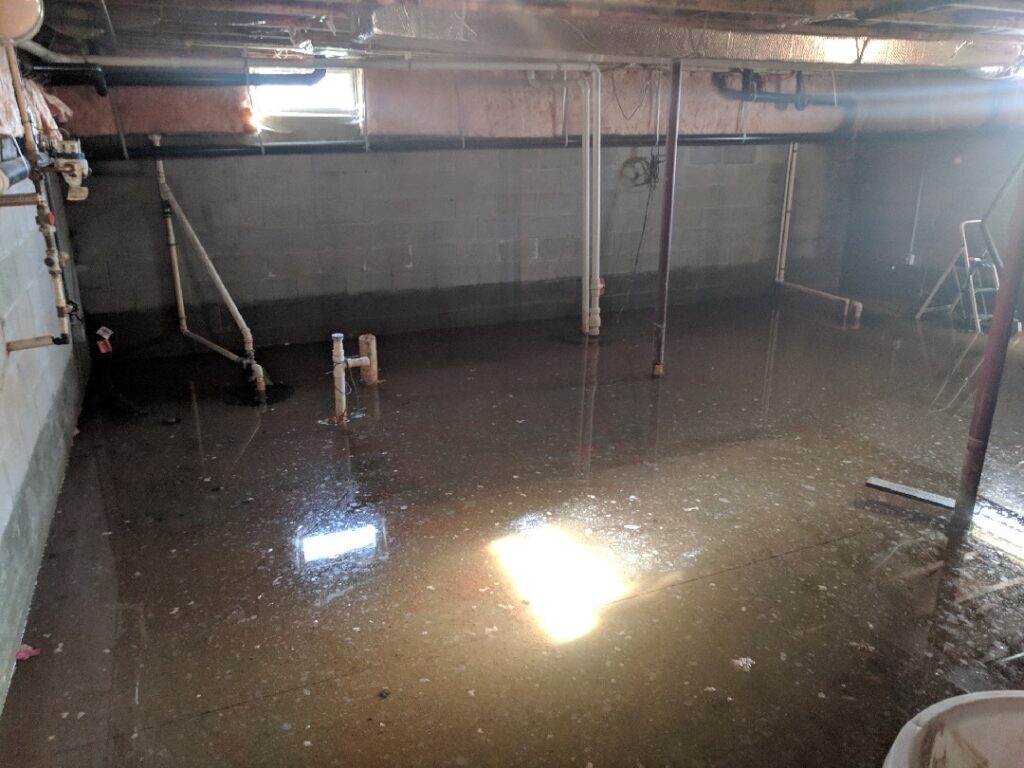Slab leak detection in Orange is a plumbing service that can save you countless dollars in foundation repair work. Still, many people don’t ever schedule this service. It’s likely since most people don’t understand what a slab leak is or how it impacts their home. Keep checking out to read more about this plumbing leakage and what triggers this destructive leakage.
What is a slab leak?
When we talk about slab leak, we describe those leakages that happen in the pipes installed under the concrete slab of a home. A pipes leakage occurs in homes with and without a basement.
All homes, regardless of whether they have a basement, have concrete foundations. When it concerns leaks, this kind of leakage is one of the most damaging because it is not visible to the naked eye; a minimum of, it is not visible up until it breaks through the concrete and it can take weeks or months to notice it.
At this point, your house could be flooded, have severe structural structure issues, and require extensive pipes repairs. These three reasons describe why getting routine leakage detection on Sacramento slabs and knowing what causes these leaks to form in the first place is so essential. Comprehending the causes means you have the power to take preventative measures against this basement pipes leak.
Causes of slab leakages
Pipes run under your home. These pipes bring clean water to your house, and the drain pipelines carry the wastewater away. If among these pipelines breaks under the structure, this is a huge problem. A few of the most typical reasons for these costly basement plumbing leaks include:
Old Pipes: Many houses were constructed 50 years or more ago. Water pipe could be nearing the end of their useful life, depending on the product they’re made of and how well they’re maintained. As pipelines age, they end up being breakable and prone to small leakages.
Poor water quality: If your home has hard water, you have more significant issues than tough water discolorations on tubs, sinks, and toilets. Hard water consists of calcium and magnesium, which is not hazardous to drink, but it is not suitable for your pipelines. With time, these minerals coat the inside of the lines and trigger corrosion that causes holes.
Poor Installation: New houses are not immune to slab leakages, especially if the pipes were not installed correctly. It takes loose joints and compromised pipeline conditions to trigger a leak issue.
Earthquake: It is not unusual for a slab leak to form after a seismic occasion. Even small movements of the Earth and changing ground conditions impact the pipelines and trigger leaks that lead to water problems.
The Biggest Slab Leak Mistakes Most House Owners Make in Orange

